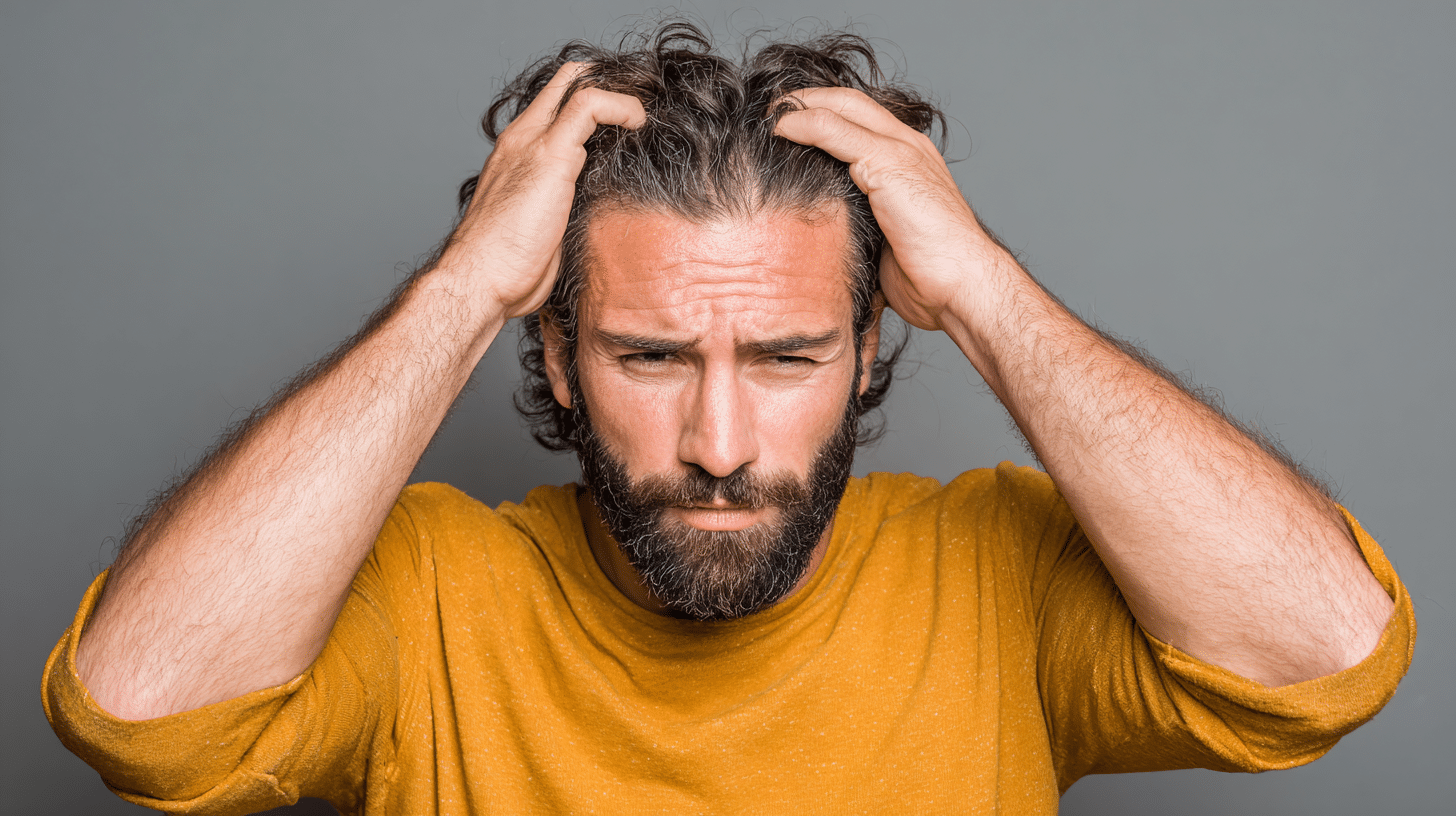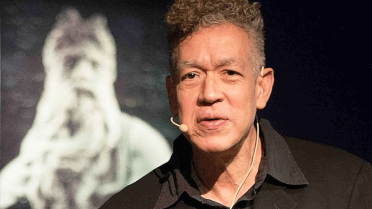Ever had a day when your scalp just feels sore for no clear reason?
Maybe it hurts when you brush your hair, or even lightly touching your head makes you flinch.
Scalp pain is more common than you might think, and it can be anything from a minor irritation to something that really disrupts your day.
The hard part? Figuring out what’s causing it.
There are lots of possible reasons your scalp might hurt. But don’t stress, we’re going to walk you through the most common causes and simple ways to get relief.
What Does Scalp Pain Feel Like
Scalp discomfort can be surprising! It might show up as:
- A burning or stinging sensation
- Itching and tingling
- Dull ache or even sharp pain, especially when you touch or move your hair
Getting to know the type of pain you’re feeling is the first step to figuring out what’s causing it.
Why Does My Scalp Hurt When I Move My Hair
This is such a common question, and the answer is actually pretty straightforward. Many people wonder why does my scalp hurt when I move my hair, especially after wearing certain hairstyles.
When you move your hair, while you’re brushing it, putting it up, or just running your fingers through it, you’re creating movement at the hair follicles.
Here’s what’s happening: Each hair is anchored in a hair follicle that’s surrounded by nerve endings. When your scalp is inflamed, infected, or irritated for any reason, these nerve endings become hypersensitive.
So when you move your hair and it tugs on the follicles, those sensitive nerves send pain signals to your brain.
The pain is coming from your scalp and the nerve endings around your hair follicles, not from the hair itself. Hair doesn’t have nerve endings, so it can’t actually feel pain.
The most common triggers for this type of pain include:
| Trigger | How It Causes Scalp Pain |
|---|---|
| Tight hairstyles | Pulls on hair follicles, causing tension and soreness, especially when hair is released. |
| Dandruff or dermatitis | Inflammation from flaking and irritation makes the scalp sensitive to touch and movement. |
| Allergic reactions to hair products | Causes itching, burning, or tenderness from contact dermatitis due to harsh ingredients. |
Common Reasons Your Scalp Hurts
Here are some common reasons that might be the root cause of your damaged scalp:
1. Skin and Scalp Conditions Including Seborrheic Dermatitis
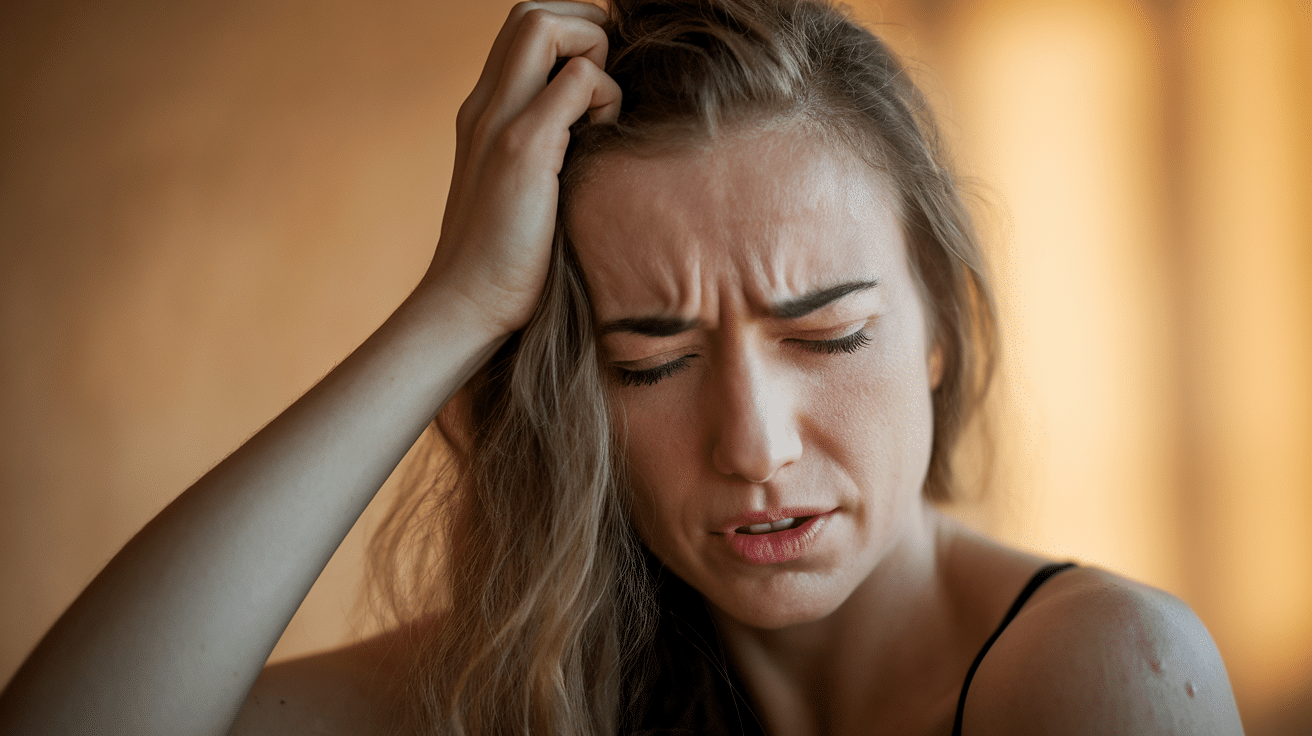
Dandruff & Seborrheic Dermatitis: Flaky patches and inflammation (sometimes from a mild yeast) can make your scalp feel sore or tender. A tender scalp from these conditions often improves with proper treatments.
Psoriasis & Eczema: If you get itchy, scaly patches, redness, and soreness, they often aren’t far behind. These are often autoimmune or allergic responses. Scalp psoriasis in particular can cause significant scalp sensitivity.
Contact Dermatitis: Suddenly sore scalp after trying a new shampoo or dye? You could be having an allergic reaction.
2. Hair Styling and Mechanical Factors

Tight Hairstyles: Ever let your hair down after a day in a ponytail and felt instant relief? That’s because tight styles can stress your hair follicles, making your scalp ache.
Hair Extensions or Accessories: Anything pulling or weighing down your hair, like extensions or heavy clips, can lead to tenderness.
3. Infections and Infestations
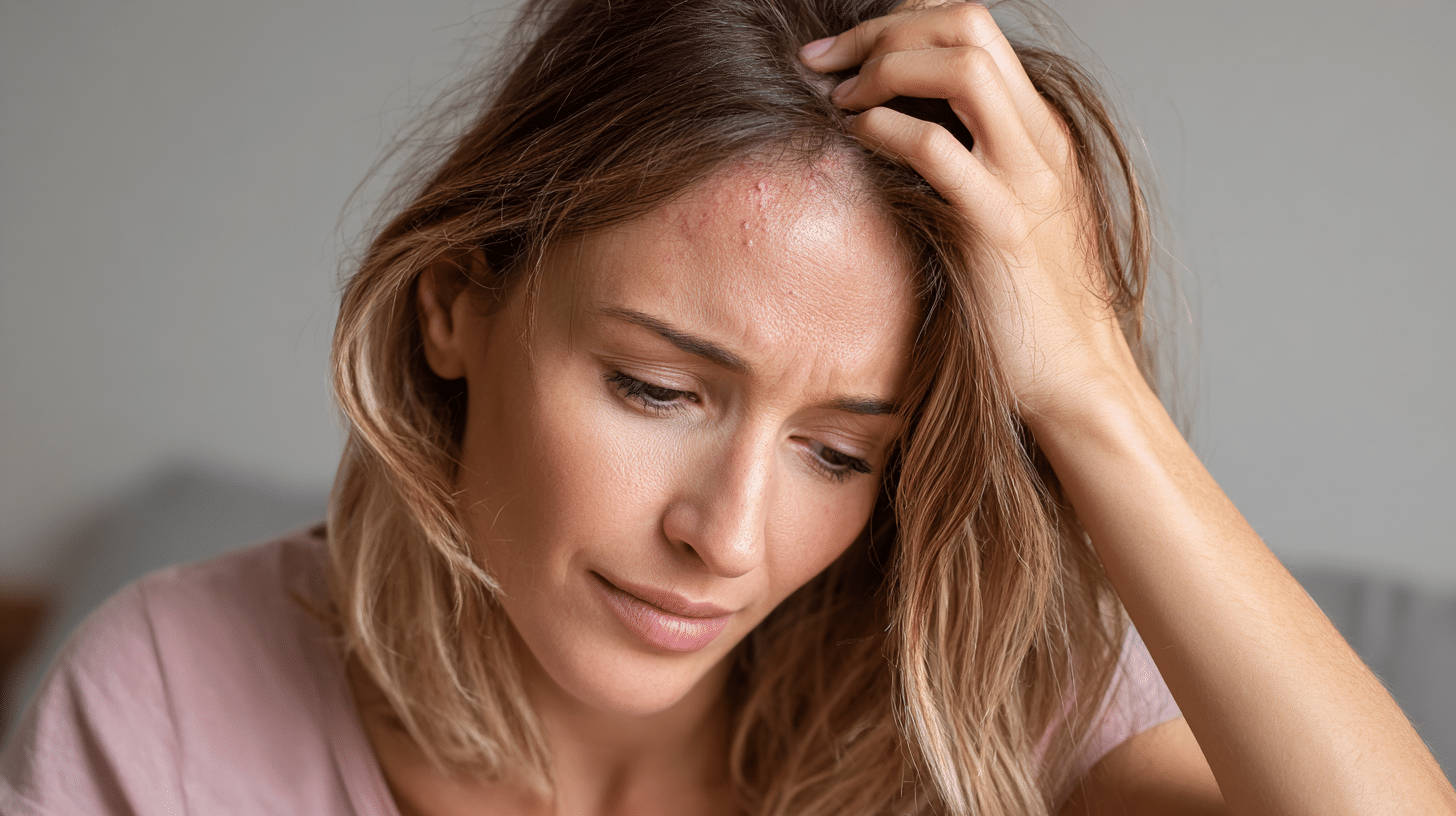
Fungal Infections: “Ringworm” of the scalp can cause redness and soreness along with scaling.
Bacterial Infections: Folliculitis or boils cause pain, swelling, and even small pus bumps.
Lice: Intense itching and sensitivity? Lice are a common culprit, especially in kids. Removal of lice typically resolves symptoms quickly.
4. Headaches and Neurological Causes
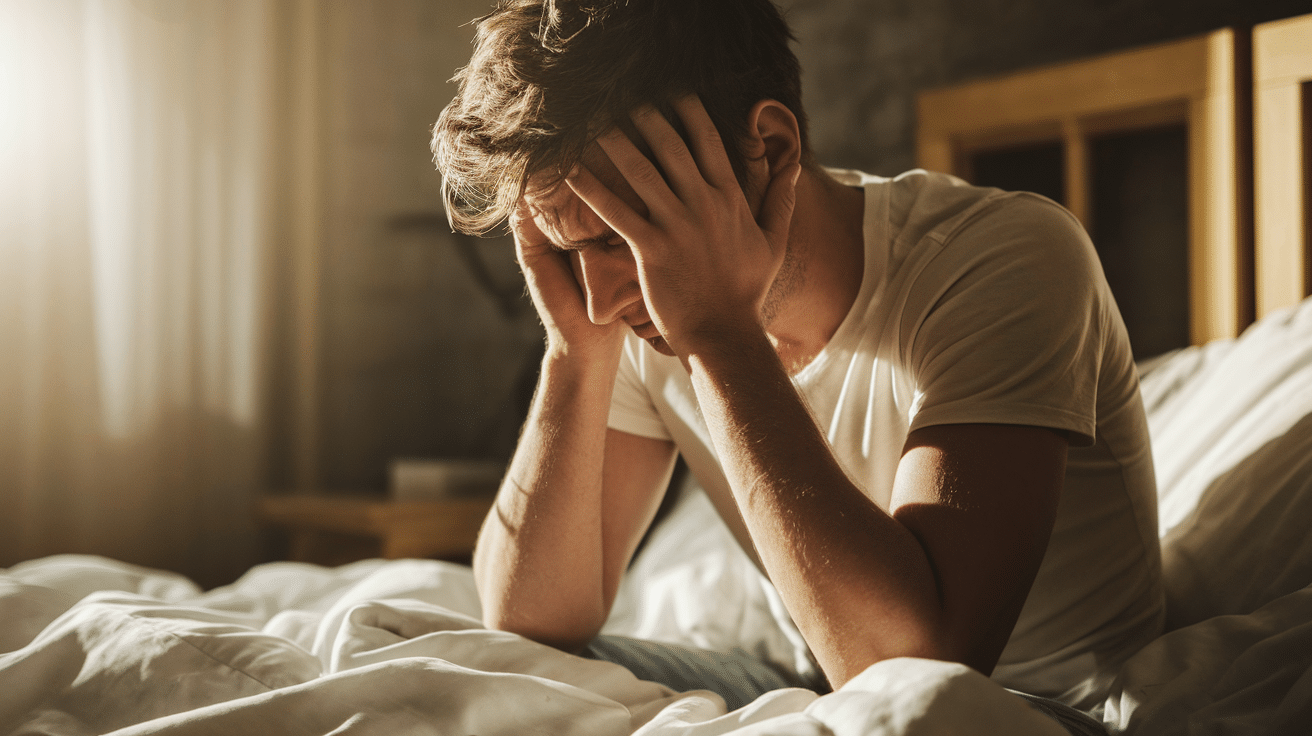
Tension Headaches: Tight neck and scalp muscles can make your scalp sensitive, sometimes even to touch.
Migraines & Nerve Pain: Ever get a “hair hurts” feeling during a migraine? Nerves like the occipital nerves can get irritated, resulting in scalp tenderness.
5. Trauma and Environmental Triggers
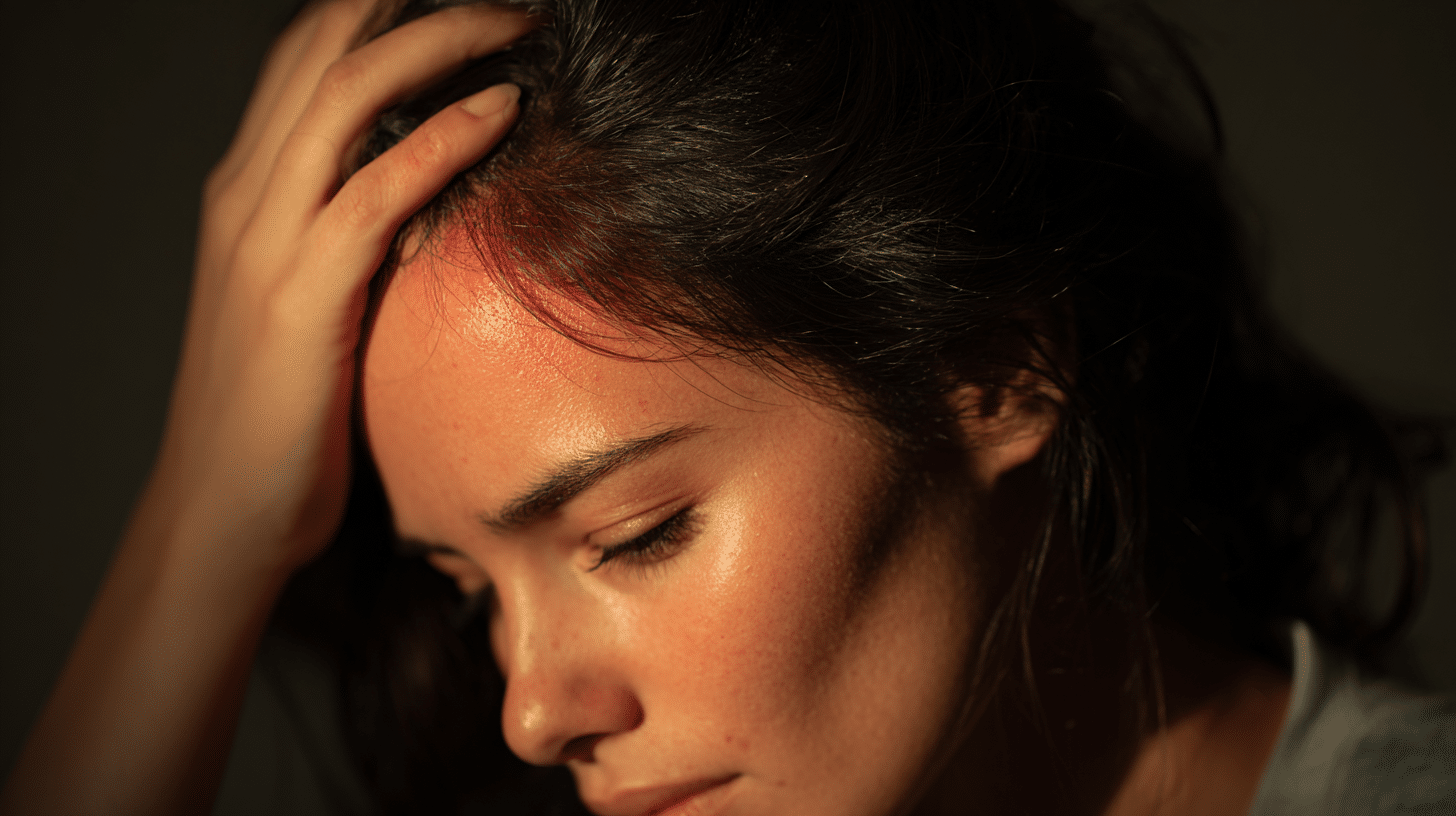
Sunburn or Weather: Sunburn, winter wind, or even freezing temperatures can leave your scalp red, dry, and sore.
Minor Injuries: A bump on the head or a scratch from a hairbrush can make a spot on your scalp ache for days.
6. Other Lifestyle and Health Factors

Product Buildup: Using excessive styling products without washing them out can cause your scalp to become itchy or inflamed.
Stress: Stress makes everything worse, even scalp pain. It can trigger skin conditions or tension headaches that cause hair pain.
Nutrition: A Poor diet or dehydration weakens skin, making your scalp more sensitive. Your overall health plays a big role in scalp condition.
When a Tender Scalp Needs Medical Attention
While most scalp pain is annoying but not dangerous, there are definitely times when you should seek professional help. Don’t try to tough it out if you’re experiencing any of these red flags:
- Scalp pain lasting more than 1–2 weeks with no sign of improvement: Ongoing pain could signal an underlying medical condition like an infection, nerve issue, or inflammatory disorder. A doctor can help diagnose these symptoms.
- Intense redness or noticeable swelling: These may indicate inflammation, infection, or even an allergic reaction that needs prompt care.
- Pus or any kind of discharge from the scalp: This is a key sign of infection, especially if accompanied by tenderness, foul odor, or crusting.
- Fever paired with scalp pain: A fever suggests your body is fighting something off. When combined with localized pain, it may point to a serious infection like cellulitis or an abscess.
- Severe itching that disrupts sleep or daily life: Extreme itching could be due to conditions like psoriasis, lice, or allergic dermatitis. If it’s interfering with rest or daily tasks, it’s worth investigating.
- Sudden hair loss in patches: This could be a sign of alopecia areata or other autoimmune conditions that require diagnosis and medical support.
- New lumps, bumps, or growths on the scalp: Any new or changing growths should be evaluated to rule out cysts, infections, or, in rare cases, skin cancer.
- Sores or lesions that don’t heal: Persistent open wounds might indicate an underlying skin condition or infection and should be examined professionally by a doctor.
- Changes in scalp texture or color: Sudden roughness, scaliness, or dark/light patches may be signs of skin disease or a reaction to products.
Understanding Hair Pain and Irritation
Sometimes what feels like hair hurt is actually a painful scalp underneath. When people say “my hair hurts,” they’re usually experiencing pain from the scalp itself. Understanding these symptoms can help you find the right treatments for your specific condition.
The good news is that most causes of a painful scalp respond well to simple changes in your routine. Whether it’s switching to a gentler shampoo, addressing underlying conditions, or consulting a doctor for persistent symptoms, relief is usually achievable.
Wrapping It Up
Scalp pain might not seem like a big deal, but it can really affect your day.
The good news is that most causes are easy to treat once you know what’s behind them. Maybe you need to switch your hair products, loosen a tight hairstyle, or treat a skin issue.
Your scalp needs care just like the rest of your body. So don’t ignore pain that sticks around.
Still unsure what’s causing your scalp pain?
Take the first step: check your routine, try gentle changes, and don’t hesitate to reach out to a healthcare professional if things don’t improve.


